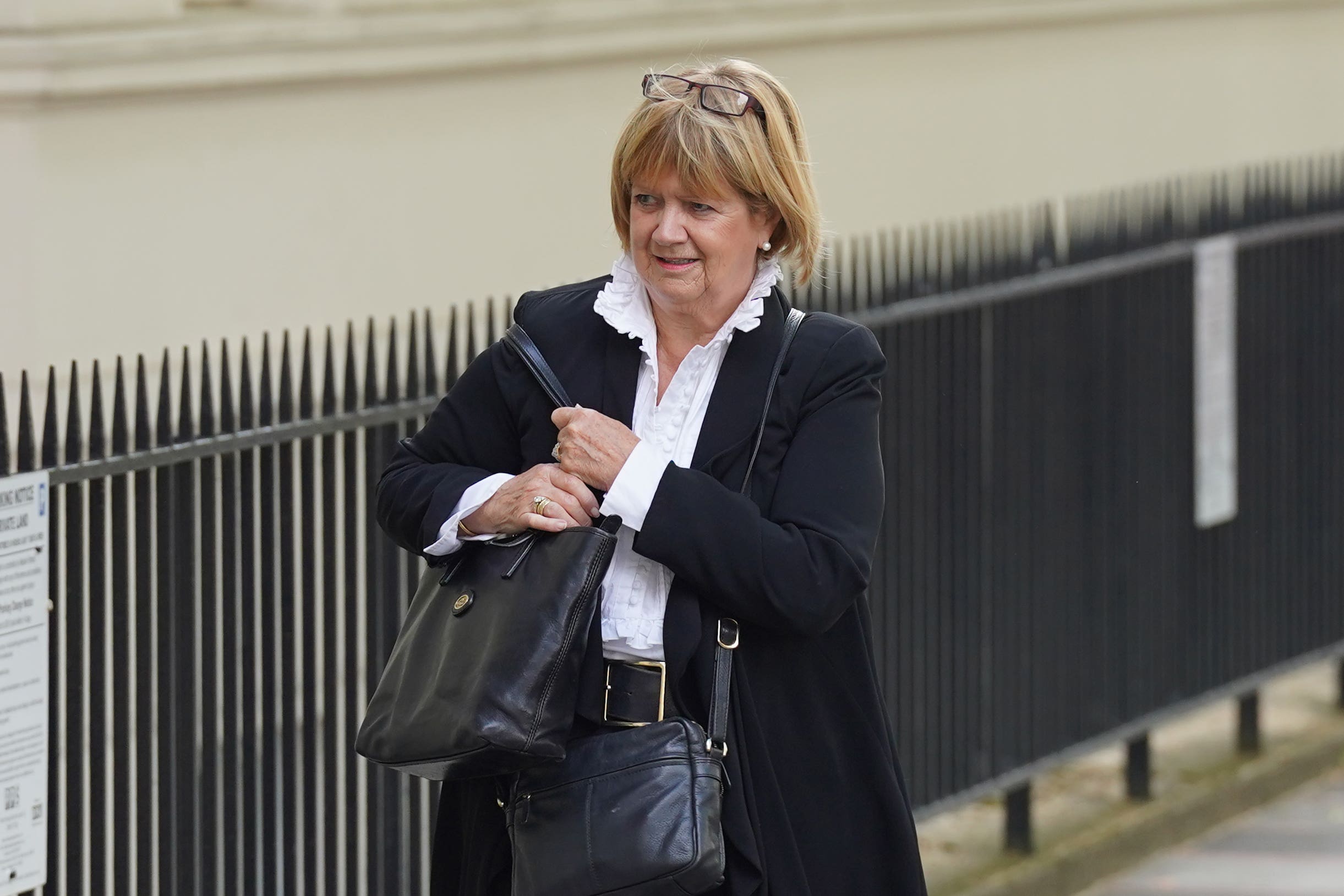Families who lost loved ones in pandemic ‘will not be ignored’ – inquiry chair
The second stage of the inquiry is set to examine key decision-making in Westminster between January 2020 and February 2022.

Your support helps us to tell the story
From reproductive rights to climate change to Big Tech, The Independent is on the ground when the story is developing. Whether it's investigating the financials of Elon Musk's pro-Trump PAC or producing our latest documentary, 'The A Word', which shines a light on the American women fighting for reproductive rights, we know how important it is to parse out the facts from the messaging.
At such a critical moment in US history, we need reporters on the ground. Your donation allows us to keep sending journalists to speak to both sides of the story.
The Independent is trusted by Americans across the entire political spectrum. And unlike many other quality news outlets, we choose not to lock Americans out of our reporting and analysis with paywalls. We believe quality journalism should be available to everyone, paid for by those who can afford it.
Your support makes all the difference.Families who lost loved ones during the Covid-19 pandemic will not be ignored as political decision-making is scrutinised by the public inquiry, its chairwoman has said.
Baroness Heather Hallett, a former Court of Appeal judge who previously led the inquests into the July 7 London bombings, told the hearing that Tuesday marked “another important milestone” for the UK Covid-19 Inquiry.
“The focus of module two will be on governance and key decision-making at a high level in the United Kingdom during the time when the pandemic was at its worst, and when it caused so much suffering,” she said.
“Some of those who suffered, and who continue to suffer, maintained a dignified presence outside the hearing centre this morning to remind us of why we are all here.
Their evidence will enable us to put the decision-making into context and to help us establish the extent to which decision makers took into account the interests of such groups
“We will be hearing from some of them during the course of this module.”
She said the inquiry would hear from advisers, experts, scientists, politicians and civil servants but also representatives of bereaved families.
They would be followed by experts on ethnicity, later life, children, young people, frontline and key workers, sex and gender, disabled people, LGBT+ and long Covid.
She added: “Their evidence will enable us to put the decision-making into context and to help us establish the extent to which decision makers took into account the interests of such groups and the impact on them when making their decisions.”
She acknowledged calls for more bereaved people to be brought in as witnesses, but said there was not enough time to hear more.
“The need for me to reach conclusions and make recommendations to reduce suffering in the future when the next pandemic hits the UK is pressing,” she said.
“I say when the next pandemic hits the UK, because the evidence in module one suggested it is not if another pandemic will hit us, but when.”
She added: “The inquiry is not ignoring the bereaved or any other group who suffered – far from it.”
The inquiry then heard video testimonies of families who lost loved ones or whose children have suffered long-term harm from Covid.
It comes after it was reported that Rishi Sunak has told the inquiry he is unable to provide WhatsApp messages from his time as Chancellor during the pandemic because he failed to back them up.
The Prime Minister wrote in his witness statement that he does “not have access” to the messages because he changed his phone several times, The Guardian reported.
The second stage of the inquiry is set to examine key decision-making in Westminster between January 2020 and February 2022, when the final Covid restrictions in England were lifted.
Later on Tuesday morning, lead counsel for the inquiry Hugo Keith KC said the speed with which the Government acted in the early months of 2020 was of “central importance to the inquiry”.
Some have argued that had the Government more quickly, it might not have been forced into making the “far-reaching, extraordinary decisions” it later did, he said.
He told how former Prime Minister Boris Johnson received a briefing from Chief Medical Officer Professor Sir Chris Whitty on February 3, 2020.
“Chris Whitty expresses the view that if Covid-19 spreads internationally and becomes a pandemic, there was a reasonable chance there will be between 100,000 and 300,000 deaths in the United Kingdom,” he said.